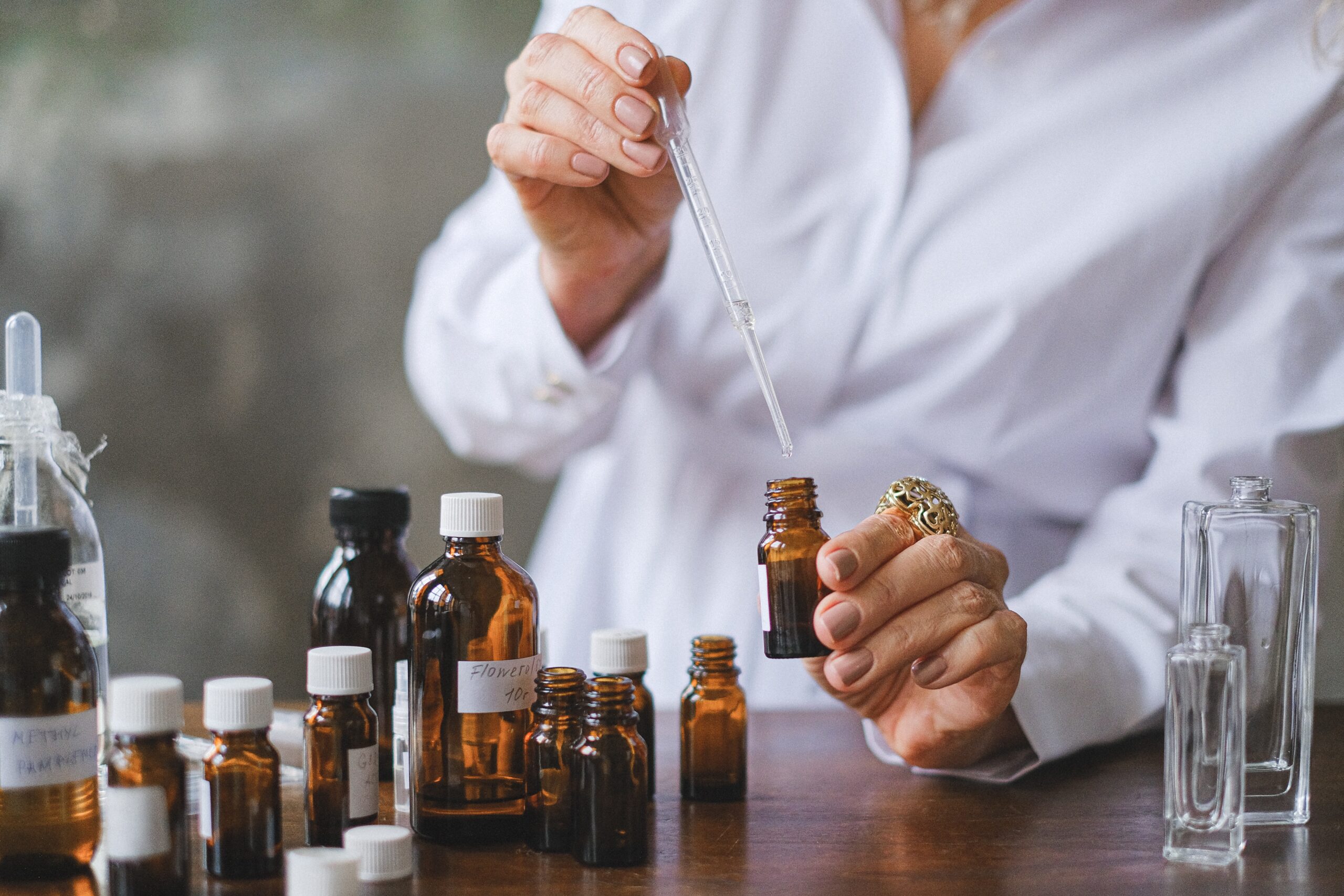
They’re trendy and used for various purposes, but do you know what essential oils are? Very fine and volatile, they are produced by certain plants and are part of various areas of your body.
+ 11 ways to have more energy throughout the day
+ 15 foods to get rid of gas
+ 10 myths and truths about botox
In the plant’s immune system, they defend plants against diseases, fungi, and parasites; in the reproductive system, they contribute to the fragrance of their flowers, attracting pollinating insects – this aroma also has a direct connection to the pleasure we feel when inhaling floral scents; and they are also involved in the protection of fruits in various species, such as lemon or orange peel oil, which allows for better preservation.
The bactericidal and fungicidal properties that protect plants also benefit humans. Essential oils produced in flowers, which are the reproductive organs of plants, have a direct interaction with our libido and gently stimulate our sexual instincts. This occurs through the production of sex hormones stimulated by the olfactory system, which has a direct connection to the limbic system of the brain.
But we shouldn’t focus only on the bactericidal, fungicidal, or aphrodisiac functions of essential oils. Their scope is enormous, so it’s much easier to say what they don’t benefit in humans. The most restricted area of application of essential oils for health is the eyes, for example. But from hair to feet, we can apply them.
If you intend to use oils for various purposes, check out these tips:
- Learn about the properties of the essential oil.
- Know the application technique to achieve the desired benefit.
- Find out the dosage of the essential oil and where it should be applied.
- Understand the recommended application time and treatment duration.

